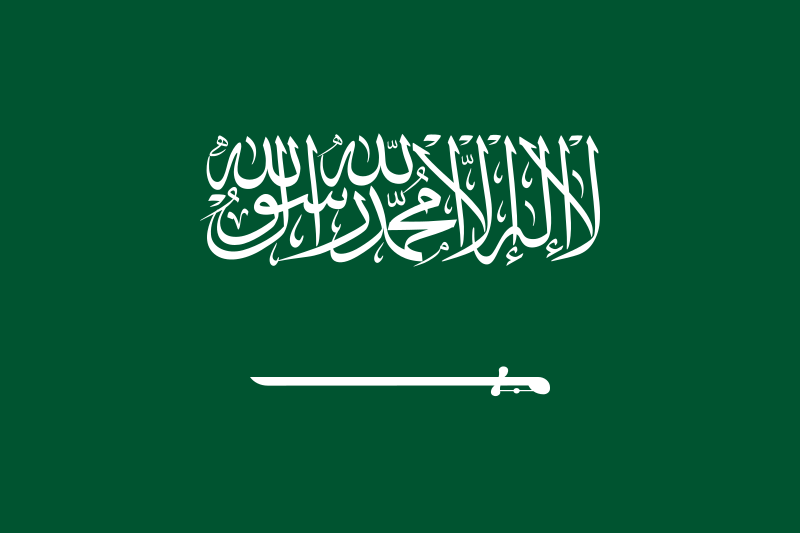
In 2024, the PIF has significantly expanded its portfolio, injecting substantial funds into innovative technologies and sustainable energy ventures. Its focus on diversifying investments aligns with Saudi Arabia’s Vision 2030 plan, which aims to reduce the nation’s reliance on hydrocarbons and position it as a global leader in emerging industries. The PIF’s aggressive approach to investing in both local and international projects has spurred job creation, bolstered domestic industries, and attracted global attention.
Among the sectors receiving notable investment from the PIF is technology, with an emphasis on artificial intelligence, robotics, and digital infrastructure. The fund has already backed a number of international tech giants and startups, including investments in autonomous vehicle technologies and cutting-edge digital platforms. These investments reflect Saudi Arabia's desire to be at the forefront of the digital revolution, promoting a knowledge-based economy that thrives on innovation and high-tech solutions.
The PIF has also targeted infrastructure projects to boost the Kingdom’s global competitiveness. A considerable portion of the fund’s capital has been directed toward large-scale infrastructure developments, including new airports, transportation networks, and smart city projects. One of the most ambitious of these is the NEOM city project, a futuristic megacity being developed on the Red Sea coast, which aims to integrate the latest technologies in urban planning and sustainability. NEOM is projected to become a major hub for global business and technology, attracting multinational companies and leading innovators.
Sustainability is another key area of focus for the PIF. The fund is a major investor in renewable energy projects, including solar and wind power, as well as green hydrogen production. These investments reflect Saudi Arabia’s efforts to diversify its energy sources and contribute to global sustainability goals. The Kingdom aims to generate 50% of its energy from renewable sources by 2030, with the PIF playing a central role in reaching this target. The PIF’s backing of clean energy projects is seen as an essential part of the broader shift towards a greener economy, ensuring that Saudi Arabia remains competitive in the global energy market while mitigating the effects of climate change.
The PIF's investments in cultural and entertainment ventures have also been a significant driver of change in Saudi Arabia. As part of its efforts to diversify the economy, the fund has heavily invested in the Kingdom’s cultural and tourism sectors. The Red Sea Project, a luxury resort development along Saudi Arabia’s coastline, is set to attract international tourists and bolster the nation’s tourism infrastructure. Additionally, the fund has supported numerous cultural initiatives aimed at modernizing the Kingdom’s entertainment industry, including the development of theaters, concert halls, and other venues to host global events.
The PIF has also placed emphasis on the development of local industries, aiming to reduce Saudi Arabia’s dependence on foreign products and services. By backing domestic enterprises, the fund seeks to create a more self-sufficient economy, reduce unemployment, and ensure long-term stability. The growth of the Kingdom's non-oil industries, such as manufacturing and agriculture, is also a critical aspect of this diversification strategy.
The PIF's leadership under Saudi Crown Prince Mohammed bin Salman has garnered attention both domestically and internationally. His vision for the Kingdom’s future, outlined in Vision 2030, has placed a heavy emphasis on modernizing the economy, creating job opportunities, and building a diversified portfolio of assets that are less reliant on oil exports. As one of the most powerful figures in the Kingdom, Crown Prince Mohammed bin Salman has used the PIF to realize his ambitious economic reform agenda, positioning Saudi Arabia as a forward-thinking economy ready to compete globally.
Topics
Spotlight
